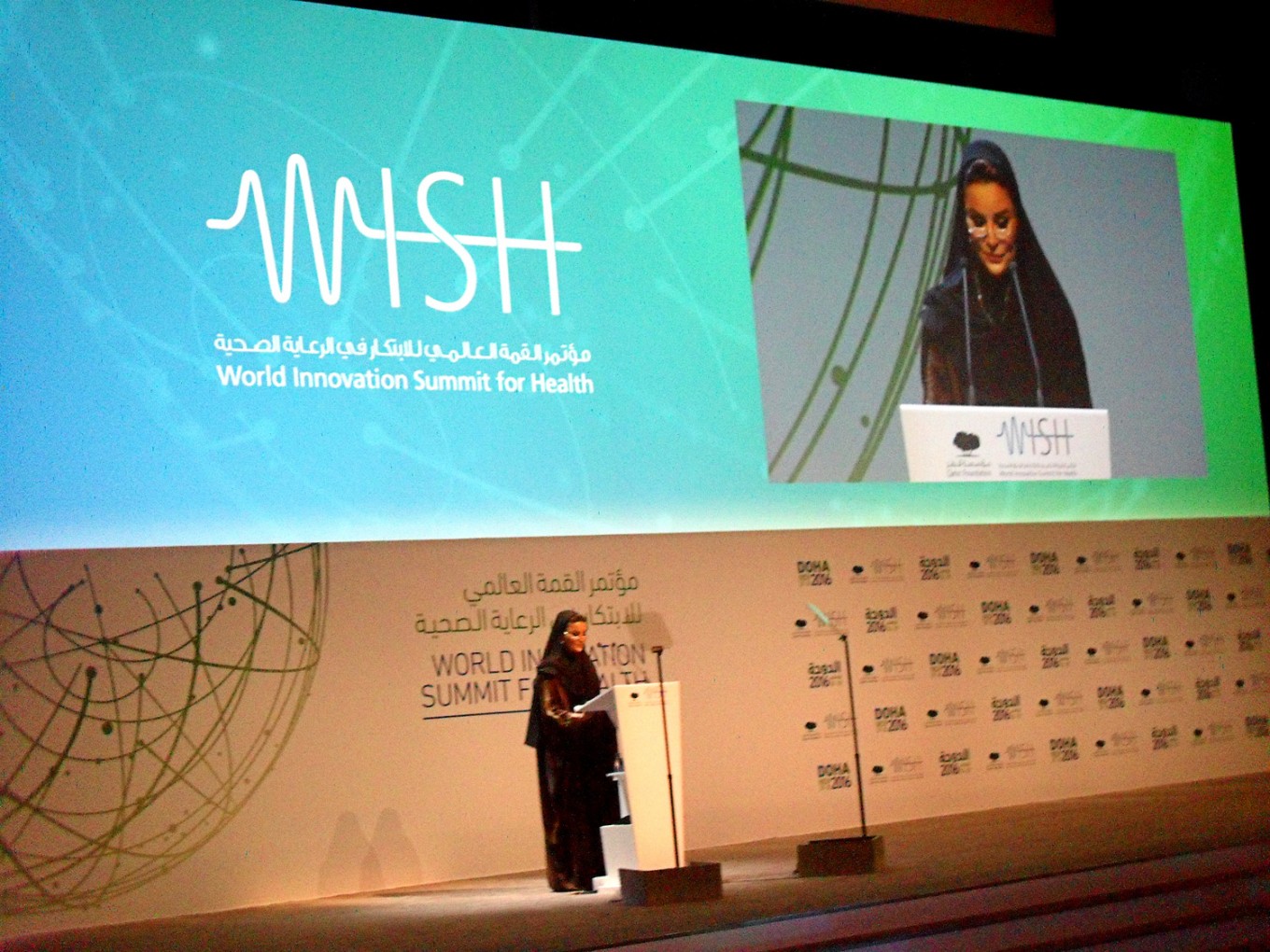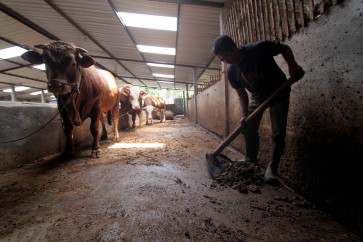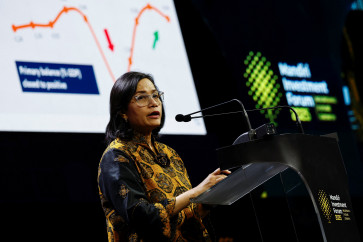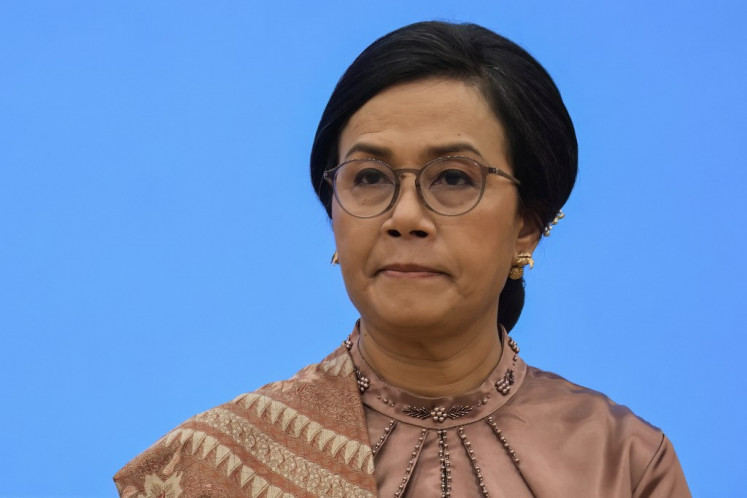Popular Reads
Top Results
Can't find what you're looking for?
View all search resultsPopular Reads
Top Results
Can't find what you're looking for?
View all search resultsGenomics, Islamic bioethics addressed in Doha summit
Fast evolving sequencing technologies have led to a routine assessment of whole genomes in health and disease, resulting in a rapid increase in the production of data in genetics or so called genomics, a report reveals.
Change text size
Gift Premium Articles
to Anyone
F
ast-evolving sequencing technologies have led to the routine assessment of entire genomes in health and disease research, resulting in a rapid increase in the production of data in genetics or so-called genomics, a report reveals.
“Genomics therefore is an appealing approach to any healthcare system that aims to unlock the role of DNA in medical care,” says the report entitled ‘Genomics in the Gulf Region and Islamic Ethics’ released during 2016 World Innovation Summit for Health (WISH) held by the Qatar Foundation in Doha on Nov. 29-30.
Genomics also offers advantages if implemented on a larger scale in a healthcare system of a country interested in understanding heritable risk factors for common and rare diseases in its population and in the development of long-term public health policies, the report says.
Genomics can be applied in precision medicine, such as establishing sequencing in clinical settings. It can also support the implementation of preventive programs such as pre-marital genetic screening, pre-implantation genetic diagnosis and neonatal screening for genetic metabolic disorders.
Qatar is one of the countries to have developed work in genomics and personalized medicine. Launched in 2011, the Qatar Genome Programme has completed the sequencing of 3,000 Qatari genomes, a milestone Qatar Foundation chairperson Moza bint Nasser has praised as a breakthrough that will bring significant benefits to local populations in the country.
“The ultimate aim of the Qatar Genome Programme is for it to bring tremendous benefit to patients,” said Moza, who is also WISH chairperson, in her remarks during the opening ceremony of the conference.
“Working with partners, we are seeking to find ways to develop systems that will enable citizens’ genome data to be accessible to all healthcare centers, hospitals and clinics in order to provide efficient and customized treatment, while also guaranteeing the protection and confidentiality of patients’ health information,” she went on.
Jointly compiled by WISH and the Research Center for Islamic Legislation and Ethics, the genomics special report says there should be rigorous research on Islamic ethics in indigenizing genomics in the Gulf region.
“Islamic ethics are integral to the dominant moral world of Muslim-majority countries and should therefore be the subject of rigorous studies whose results can be appropriately integrated into the healthcare policies of these countries,” the report says.










